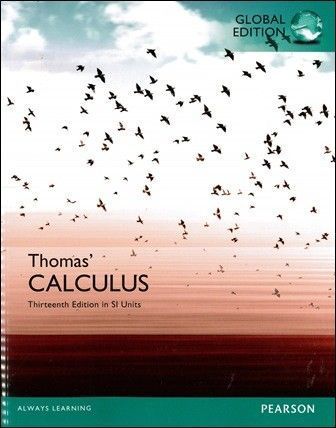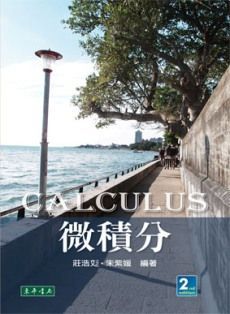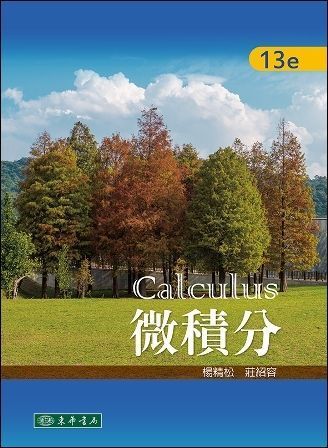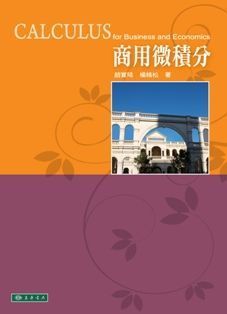書籍分類
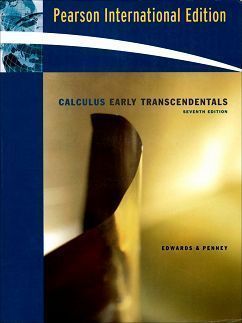
Calculus Early Transcendentals 7/e
作者:Henry Edwards, David Penney
原價:NT$ 1,250
ISBN:9780136158400
版次:7
年份:2008
出版商:Pearson Education
頁數/規格:1343頁/平裝彩色
版次:7
年份:2008
出版商:Pearson Education
頁數/規格:1343頁/平裝彩色
內容介紹 目錄 作者介紹
- Description
This text is rigorous, fairly traditional and is appropriate for engineering and science calculus tracks. Hallmarks are accuracy, strong engineering and science applications, deep problem sets (in quantity, depth, and range), and spectacular visuals.



